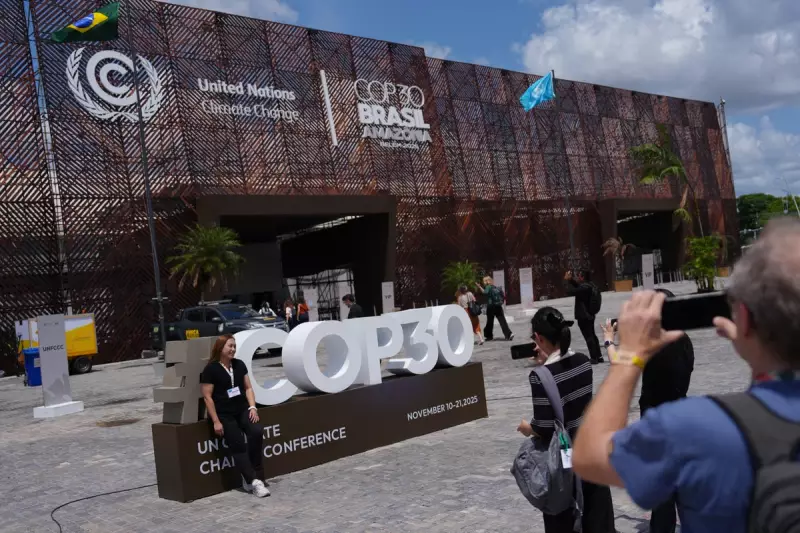
Climate negotiations at the Cop30 summit in Brazil have reached a critical juncture after the latest draft agreement removed any mention of a global plan to transition away from fossil fuels, creating deep divisions among participating nations.
Fossil Fuel Battle Intensifies
The new text, published before dawn in Belém on Friday 21 November 2025, represents a significant setback for countries pushing for stronger climate action. It omits proposals from earlier drafts that would have developed a comprehensive roadmap for shifting away from oil, gas and coal.
This omission directly contradicts the pledge made at Cop28 in Dubai during 2023, where nations committed to "transition away from fossil fuels." Dozens of countries including Germany, Kenya and various climate-vulnerable island states had been advocating for this commitment to be honoured.
Resistance has come primarily from Saudi Arabia and other oil-producing nations, with Reuters reporting that these countries have been pushing back against new agreements on fossil fuels throughout this year's negotiations.
Fire Disruption and Financial Progress
The tense negotiations experienced an unexpected interruption when a fire broke out in the pavilion area of the conference venue, prompting temporary evacuations and halting discussions.
Despite the fossil fuel setback, the draft does show progress in other critical areas. It calls for tripling global climate adaptation finance by 2030 from 2025 levels, though it fails to specify whether this funding must come from wealthy governments, multilateral banks or private capital.
This ambiguity concerns developing nations who argue that public money should remain central to adaptation support, particularly for projects like heat-resilient infrastructure and cyclone-proof housing that save lives but offer little financial return to private investors.
Trade Dialogue and Final Hours
The text would establish a formal dialogue on trade at the next three COP summits, involving governments and organisations including the World Trade Organization. This meets long-standing demands from China and other countries to integrate trade concerns into climate discussions.
However, this proposal faces potential resistance from the European Union, as debates often focus on the bloc's carbon border levy. South Africa and India have criticised this measure, arguing it penalises developing economies.
With the summit scheduled to conclude this weekend, negotiators face a rapidly narrowing window to resolve these politically charged questions. As with previous climate conferences, talks may extend into the weekend if countries fail to reach consensus on the final agreement.
Brazil, hosting the summit, has been conducting consultations with major negotiating blocs in an effort to bridge the significant gaps that remain between nations on the most critical climate issues.





